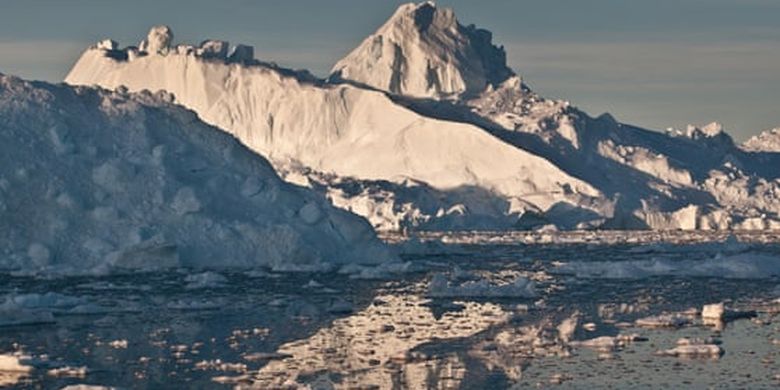France has remained blind to the preparation of the Tutsi genocide in Rwanda in 1994 and bears heavy and crushing responsibility for the tragedy, according to a report by a commission of historians published yesterday, AFP reported.
The long-awaited report to French President Emmanuel Macron highlights France’s failure in Rwanda between 1990 and 1994 and that it remained blind to the racist, corrupt and aggressive regime of Hutu President Juvenal Habyarimana, which is sliding into genocide. This is despite signals coming from Kigali, Kampala and Paris, the report said.
However, it emphasizes that it has not been proven that Paris was an “accomplice” in the genocide that claimed the lives of at least 800,000 people between April and July 1994, according to the United Nations.
The document that started the AFP highlights the key responsibility of then-Socialist President Francois Mitterrand in this policy.
The report by the 14 historians says that compliance with power in Rwanda stemmed from the will of the head of state and the presidential institution. For 2 years, historians have examined tens of thousands of French archival units. The authors emphasize that Mitterrand maintained a strong, personal and direct relationship with Habyarimana.
This connection, together with the ethnic reading of the situation in Rwanda, justifies the supply of significant quantities of weapons and ammunition to the Habyarimana regime, as well as the large involvement of the French military in forming the Rwandan government armed forces.
The report also condemns the existence of unregulated administrative practices, parallel communication links and even command, circumvented legal procedures and intimidation actions in pursuing a policy essentially defined by the Elysee Palace and the circle close to Mitterrand.
During the genocide itself, France slowly broke with those responsible and continued to see the Rwandan Patriotic Front of the Tutsis, which ended the genocide, as the greatest threat, historians say.
France reacted late with the military-humanitarian operation Turquoise in August 1994.
It helped save the lives of many people, but not the vast majority of Tutsis in Rwanda who were killed in the first weeks of the genocide.
Although relations between Paris and Kigali calmed down in 2017 with the coming to power of President Macron, France’s role in Rwanda, long accused by Kigali of “complicity” in the genocide, has remained an explosive topic for 25 years. It is also the subject of heated and emotional debate among researchers, university professors and politicians.
The commission, chaired by historian Vincent Duckler, was set up in 2019 by President Macron, who is keen to make progress on sensitive issues, AFP reported.
–


